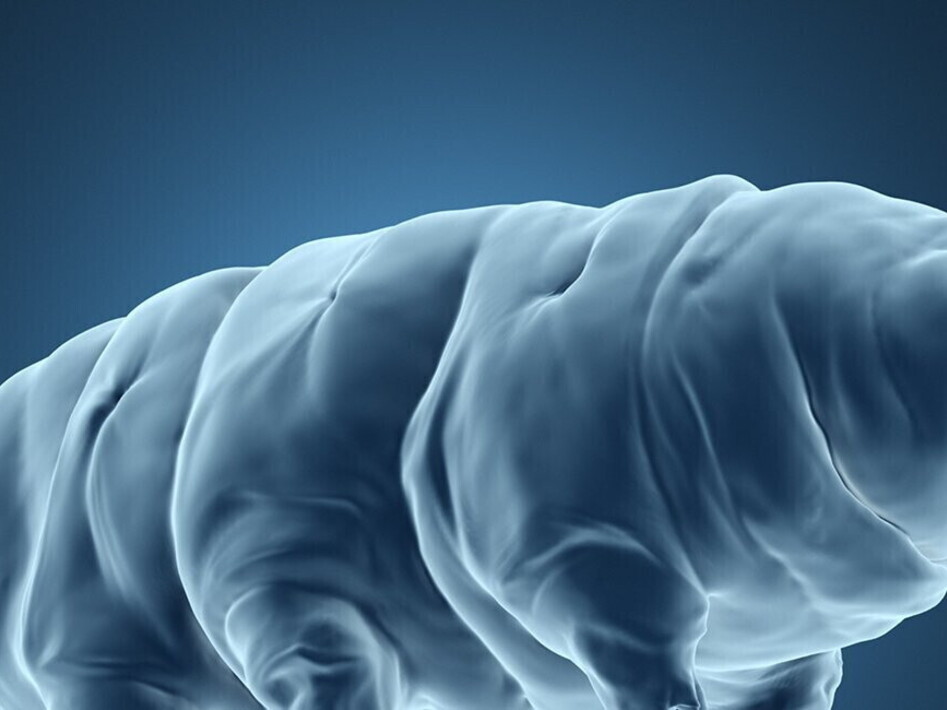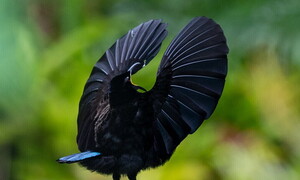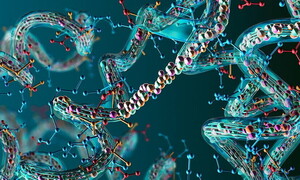Could tardigrades reveal the secret to eternal youth?
08 April 2024

Tardigrades, also known as water bears, are microscopic animals with a funny appearance. They live among the leaves of moss, swim by the hundreds in a single drop of water and are invisible to the naked eye; under the microscope they resemble transparent worms with eight legs. Tardigrades are known as 'the toughest animals on earth'. They have been exposed to all kinds of torture: boiled, exposed to radiation, immersed in acid, hibernated, shot into space through cosmic ray storms and then desiccated. To survive such conditions, tardigrades turn into dehydrated balls, slowing their metabolism to near zero in a physiological process called biostasis. A simple splash of water then revives them and they are as good as new.
The secret of tardigrades' extraordinary resilience lies in a handful of proteins that they produce when environmental conditions become dire. These proteins trigger changes in their bodies and metabolism that last until they’ve survived the hard times. In nature, the small and fragile environment of tardigrades can face extreme drought (imagine a clump of moss under the scorching sun) as well as frost, floods and fires. Now scientists have found that proteins found in these tiny creatures can also slow down the metabolism of human cells. For their study, the researchers focused on a tardigrade protein called CAHS-D, which becomes gelatinous when introduced into human cells. This discovery is intriguing because these proteins could prove useful in slowing down cellular metabolism in the absence of cooling systems. And who knows, maybe one day they could even counteract ageing.


